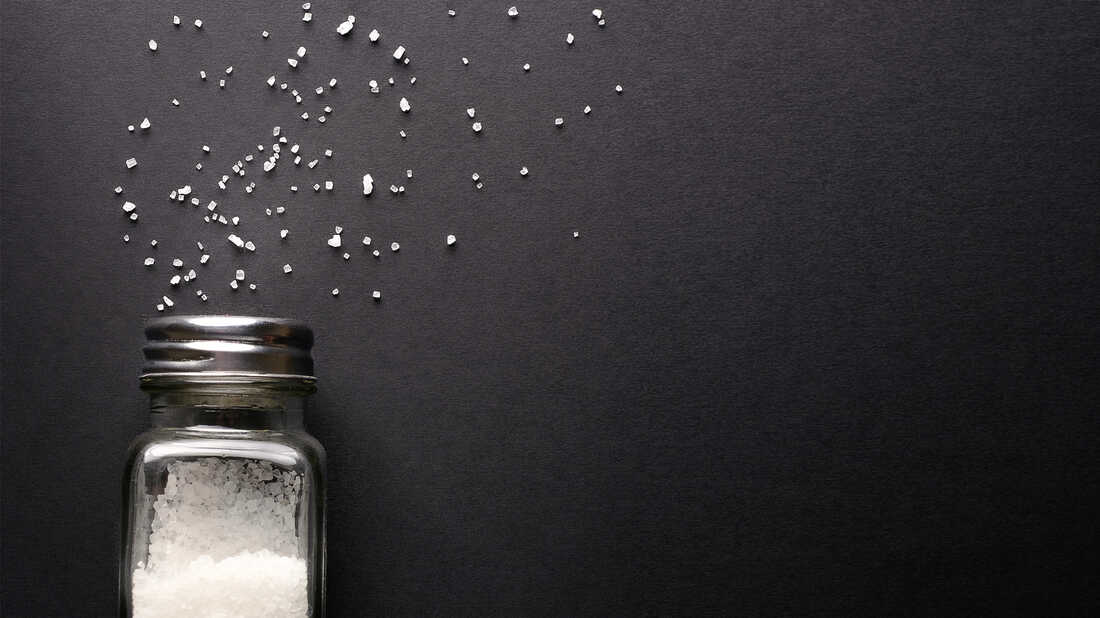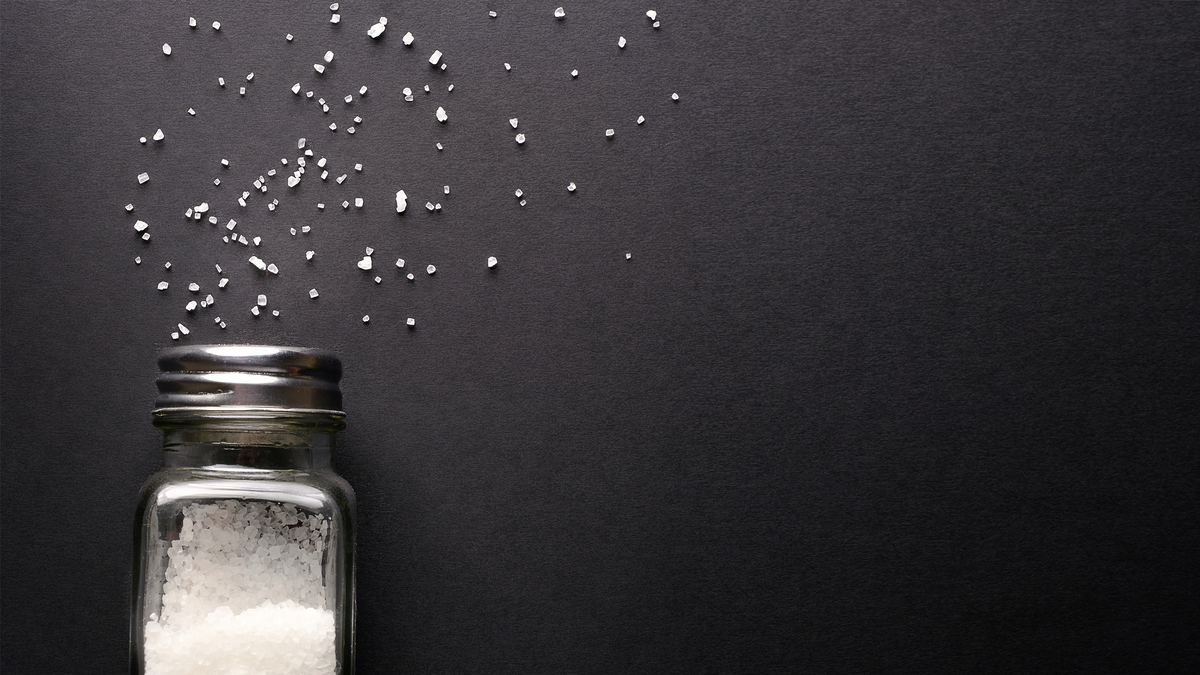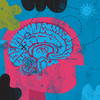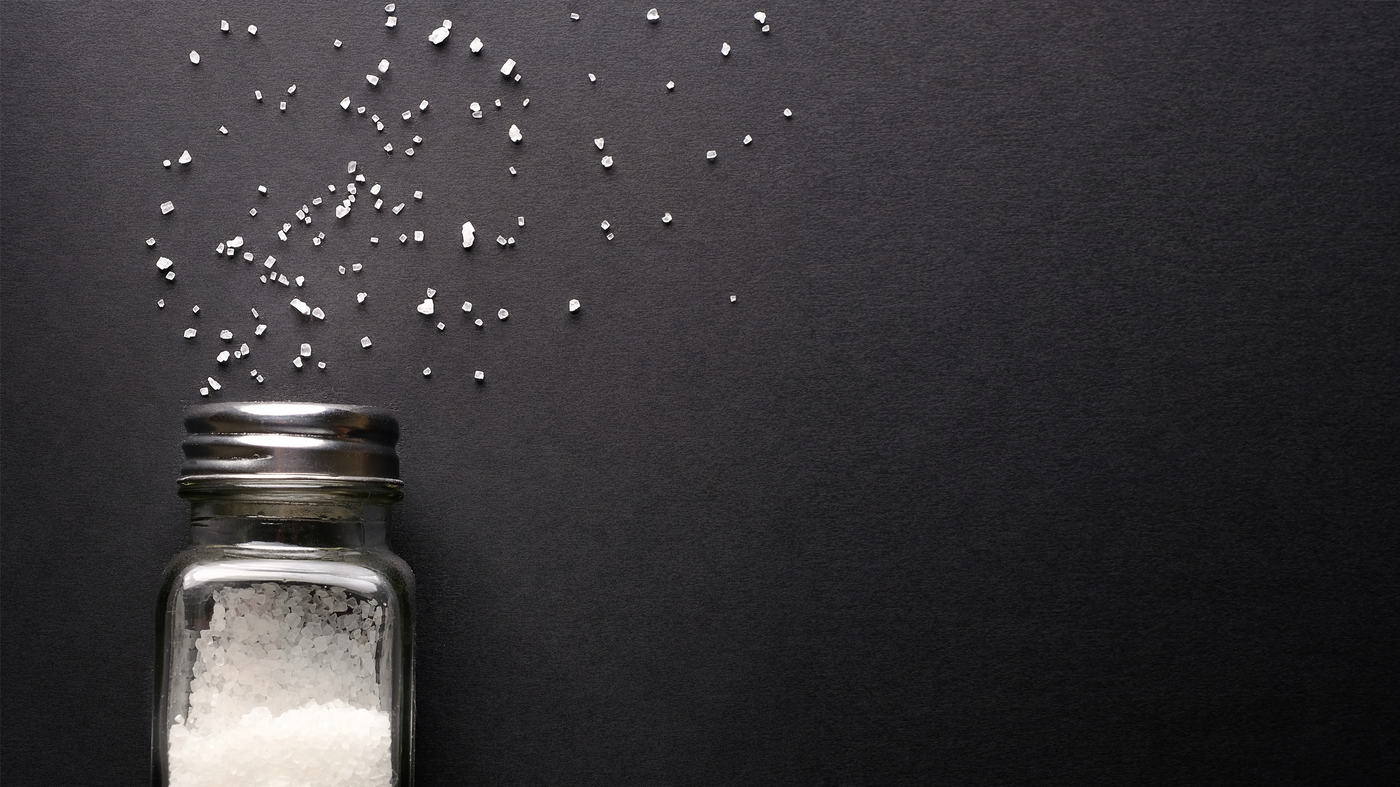
Two mind circuits assist decide whether or not there’s too little salt, or an excessive amount of.
Aleksandr Zubkov/Getty Photographs
cover caption
toggle caption
Aleksandr Zubkov/Getty Photographs

Two mind circuits assist decide whether or not there’s too little salt, or an excessive amount of.
Aleksandr Zubkov/Getty Photographs
If this 12 months’s turkey appears over brined, blame your mind.
The query of when salty turns into too salty is set by a particular set of neurons within the entrance of the mind, researchers report within the journal Cell.
A separate set of neurons at the back of the mind adjusts your urge for food for salt, the researchers confirmed in a collection of experiments on mice.
“Sodium craving and sodium tolerance are managed by utterly various kinds of neurons,” says Yuki Oka, an writer of the examine and a professor of biology at Caltech.

The discovering might have well being implications as a result of salt ingestion is a “main difficulty” in lots of international locations, together with the US, says Nirupa Chaudhari, a professor of physiology and biology on the College of Miami’s Miller Faculty of Drugs.
An excessive amount of salt may cause hypertension and lift the chance for coronary heart illness and stroke, says Chaudhari, who was not concerned within the examine.
Craving, to a degree
The examine sought to clarify the sophisticated relationship that folks and animals have with salt, often known as sodium chloride.
We’re glad to drink sodas, sports activities drinks, and even faucet water that include somewhat salt, Oka says. “However should you think about a really excessive focus of sodium like ocean water, you actually hate it.”
This aversion to tremendous salty meals and drinks holds except your physique is basically low on salt, one thing that is fairly uncommon in folks lately. However experiments with mice discovered that when salt ranges plummet, the tolerance for salty water goes up.
“Animals begin liking ocean water,” Oka says.
The explanation for this transformation includes not less than two completely different interactions between the physique and mind, Oka’s workforce discovered.
When the focus of sodium within the bloodstream begins to fall under wholesome ranges, a set of neurons at the back of the mind reply by dialing up an animal’s longing for salt.

“For those who stimulate these neurons, then animals run to a sodium supply and begin consuming,” Oka says.
In the meantime, a distinct set of neurons within the entrance of the mind screens the saltiness of any meals or water the mice are consuming. And normally, these neurons will set an higher restrict on saltiness.
However when salt ranges get extraordinarily low, the physique sends a sign that overrides these salt-limiting neurons. That enables mice to tolerate the saltiness of sea water.
The scientists had been capable of mimic this phenomenon within the lab by stimulating these neurons.
Connecting physique and mind
The discovering provides to scientists’ understanding of interoception, which includes sensations like starvation, ache, and thirst and tells the mind what is going on on contained in the physique. It is a comparatively unexplored type of sensory data, in contrast to the sensory data coming from the eyes, ears, nostril, tongue and pores and skin.
“The mind receives tons of sensory data from the center, the lungs, the abdomen, the gut,” says Stephen Liberles, a professor and Howard Hughes Medical Institute investigator at Harvard Medical Faculty. “And the way these work has remained extra mysterious.”

The brand new examine discovered proof that the mind cells concerned in salt tolerance reply to hormone-like substances known as prostaglandins. These substances, which flow into within the bloodstream, are greatest recognized for his or her position in inflicting irritation, fever, and ache.
Now it is changing into more and more clear additionally they play a task in altering salt tolerance.
“The query is: How is identical chemical, the identical prostaglandin molecule … reused in several contexts?” Liberles says.
Answering that query would possibly make it attainable to develop a prostaglandin drug to discourage folks from consuming an excessive amount of salt.
Salt overconsumption has develop into a worldwide drawback as a result of people advanced in instances when salt was scarce, says Chaudhari.

“Wars had been fought over salt only a few centuries in the past,” she says. “We consider sodium chloride, desk salt, as so plentiful in our food regimen and the environment, nevertheless it wasn’t all the time.”
Understanding how the mind processes saltiness would possibly assist meals corporations develop a palatable salt substitute, she says.
At the least one earlier effort failed badly, she says, for a easy purpose: “It tasted actually foul.”
So discovering a greater possibility might require extra than simply analysis on how the mind screens salt consumption, she says. Scientists additionally want to grasp how that substitute will work together with our style buds.
